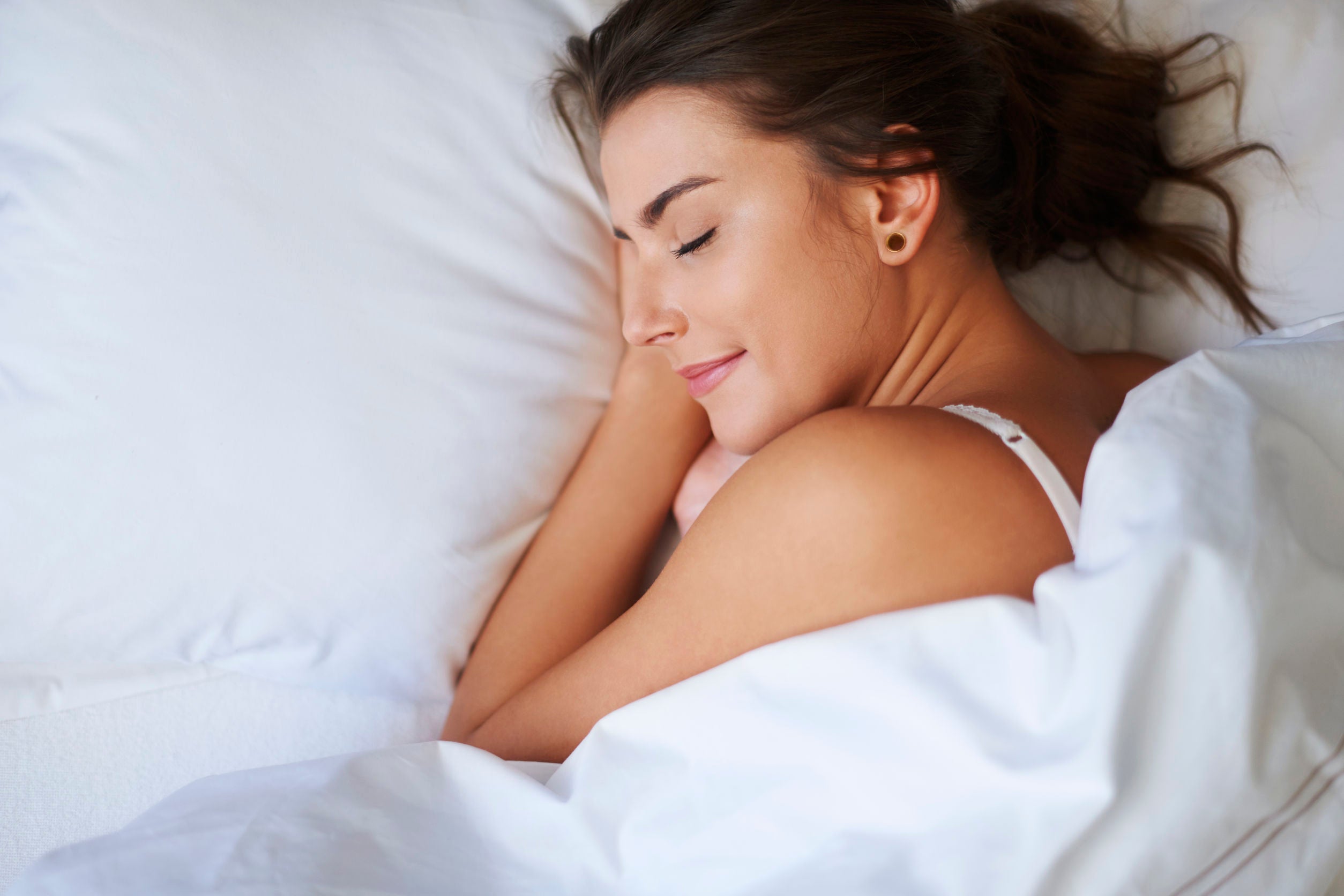How to get some sleep.


Some of us have an occasional night of restlessness, while others have chronic sleep issues.
When we don’t get the sleep we need, it impacts our days in ways we might not even be aware. We just know we didn’t get the deep, restful, rapid eye movement (REM) sleep we know we need to heal our body and mind.
Here are some ways to get some rest – naturally.
Calm your busy mind – Try this the next time you can’t turn off your mind. Write whatever your busy mind won’t stop thinking about down – all of it – on a piece of paper and place it on your nightstand. The simple act of writing it down can remove it from your mind for the night.
Get on a sleep schedule – Go to bed at the same time, every night – including weekends, holidays and vacation. Wake up at the same time every day. Oh – and don’t think sleeping in during the weekend will offset any sleep deprivation you endured during the week. Unfortunately, it won’t.
Eat like a pauper – Eat a small dinner and watch the spice. Too much of a good thing can keep you up at night. One more thought about eating at night. If you are hungry at bedtime, eat a small snack, such as a banana, yogurt or some cereal with milk. If you don’t, you probably will be awake thinking about food.
Stop drinking – Drinking alcohol close to bedtime can keep you up. Also drinking coffee, tea and hot chocolate after 3 p.m. can be a bad idea. Some people are more sensitive to caffeine and need to stop drinking caffeinated drinks earlier. Remember, if switching to decaf is your plan, don’t forget that decaffeinated beverages still contain some caffeine.
Exercise several times a week – Exercising, even if it’s only a 20-minute walk, provides enough physical exertion over time to relax you in the evening. It is best if exercising in the evening to not do so within a few hours of bedtime.
Relax before bedtime – Burn aromatherapy candles, take a warm bath, read or listen to soft music to get you ready to sleep.
Keep it dark and cool – Close the drapes in your bedroom. Even better, buy some blackout drapes and keep them closed at night. Don’t forget to turn down the thermostat to a cool 65 degrees Fahrenheit.
Turn off your devices – Tell your brain it is time for bed. So, turn off the devices (smart phones, tablets, laptops), since the blue light it emits tells your brain the opposite. Consider taking it one step further by removing all electronics from your bedroom. Your bedroom is for sleep, not work, working out or watching television. Those activities belong in another part of your home, so you can get your shut-eye.
Use herbs – Herbs have been used for centuries to help people sleep. Chamomile decreases anxiety and provides relaxation. Lemon balm decreases sleep-type issues. Valerian root releases stress and anxiety. Passionflower, when used for sleep problems, increases the levels of gamma-aminobutyric acid (GABA) in the brain, which calms excessive brain cell activity. Drinking these herbs in a tea is one way to get herbal sleep support.
Another way to get sleep-supporting herbs is with an herbal formulation, such as Deep Sleep®. It helps you fall asleep, stay asleep and wake up refreshed.*


